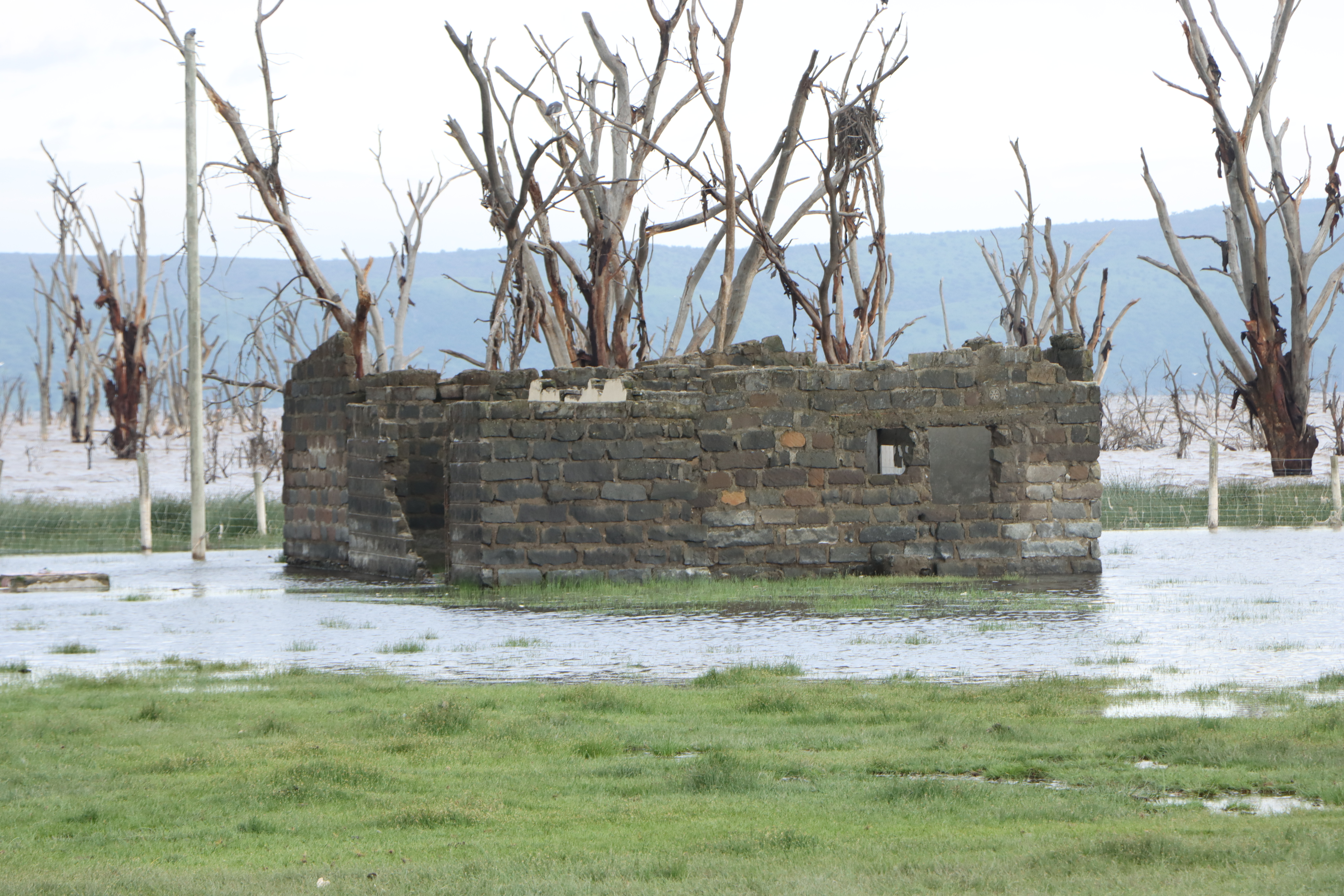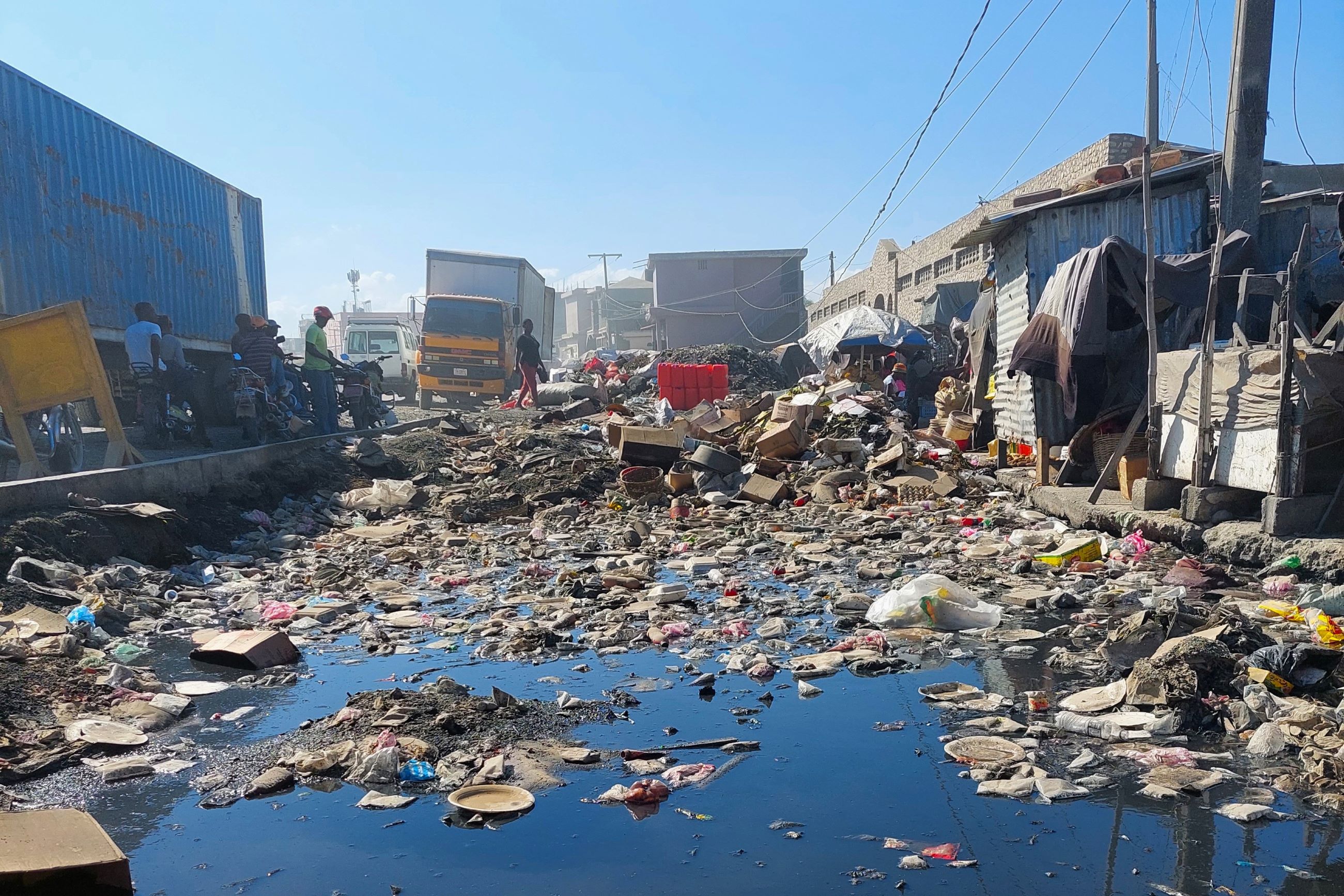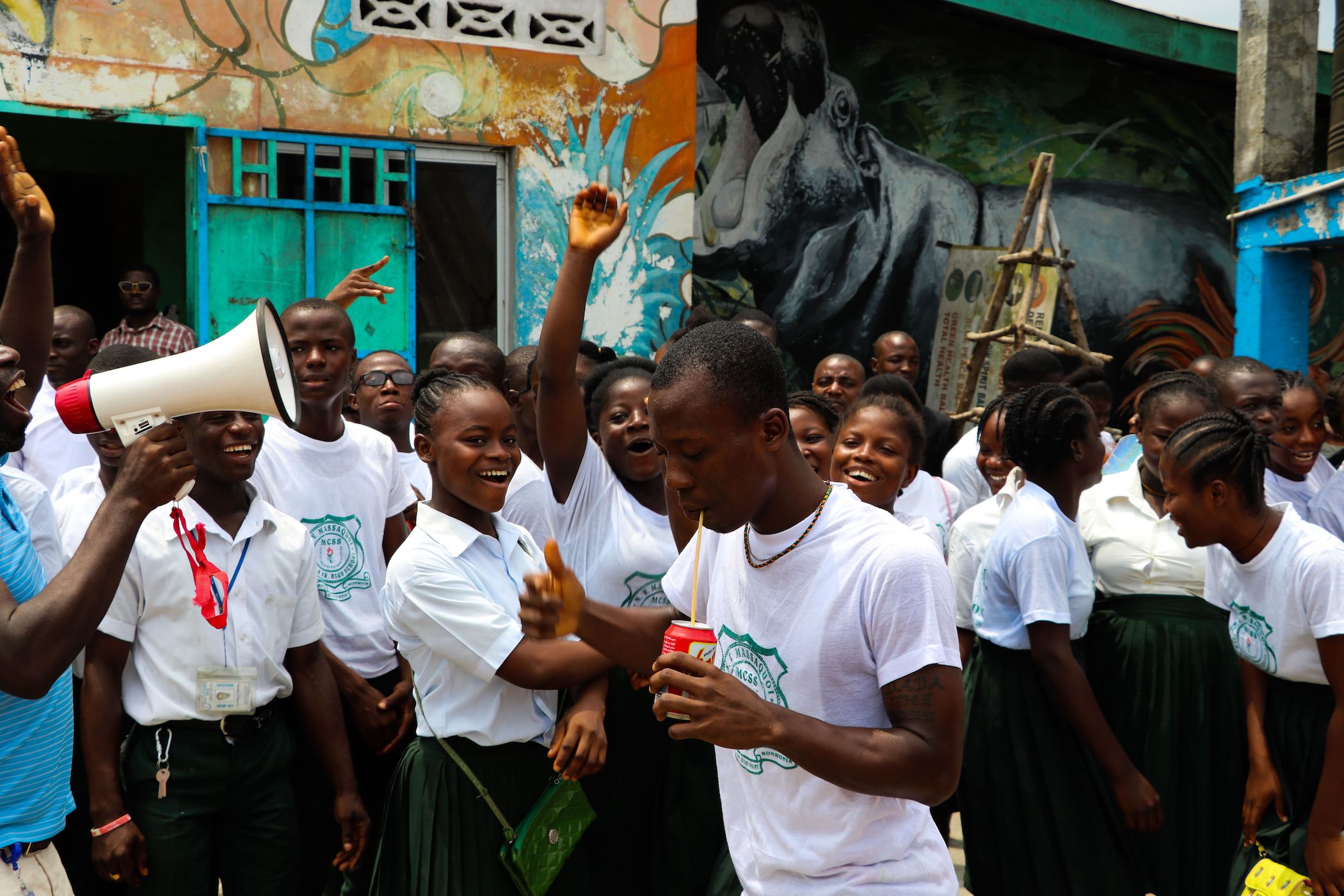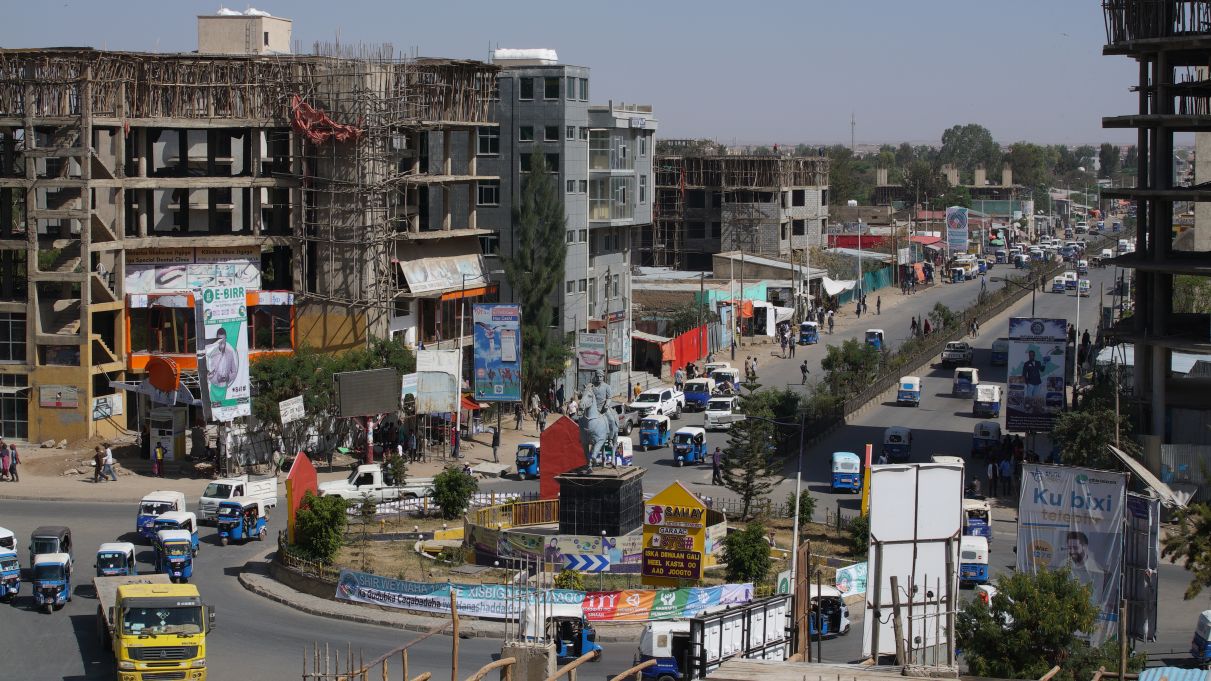Across the globe, informal communities are at the forefront of climate action, showcasing local knowledge and fostering community-driven initiatives to implement effective strategies for mitigating and adapting to climate change. From urban informal settlements to rural villages, grassroots initiatives are proving that sustainable change is possible, even with limited resources.
In May 2024, during the Cities Alliance Assembly in Naivasha, Kenya, participants witnessed the profound impact of community-driven climate adaptation and resilience initiatives through visits to two significant projects supported by Slum Dwellers International (SDI) and their Kenya affiliate, Muungano wa Wanavijiji. These projects focused on affordable housing and the circular economy.
The first visit was to the Nakuru West Network Green Housing Project, which began in 2002 with 612 members, primarily female traders from an informal market in Nakuru Town. Facing eviction threats, they organized into savings groups to pool resources, buy land, and build homes. Initially constructing 12 units, the project expanded to over 230 units on more than 10 acres of land. In 2021, rising waters from Lake Nakuru forced the community to relocate.
The tour started at the original site, now submerged, where participants saw the extensive damage caused by the lake’s encroachment, including displaced families and disrupted livelihoods.
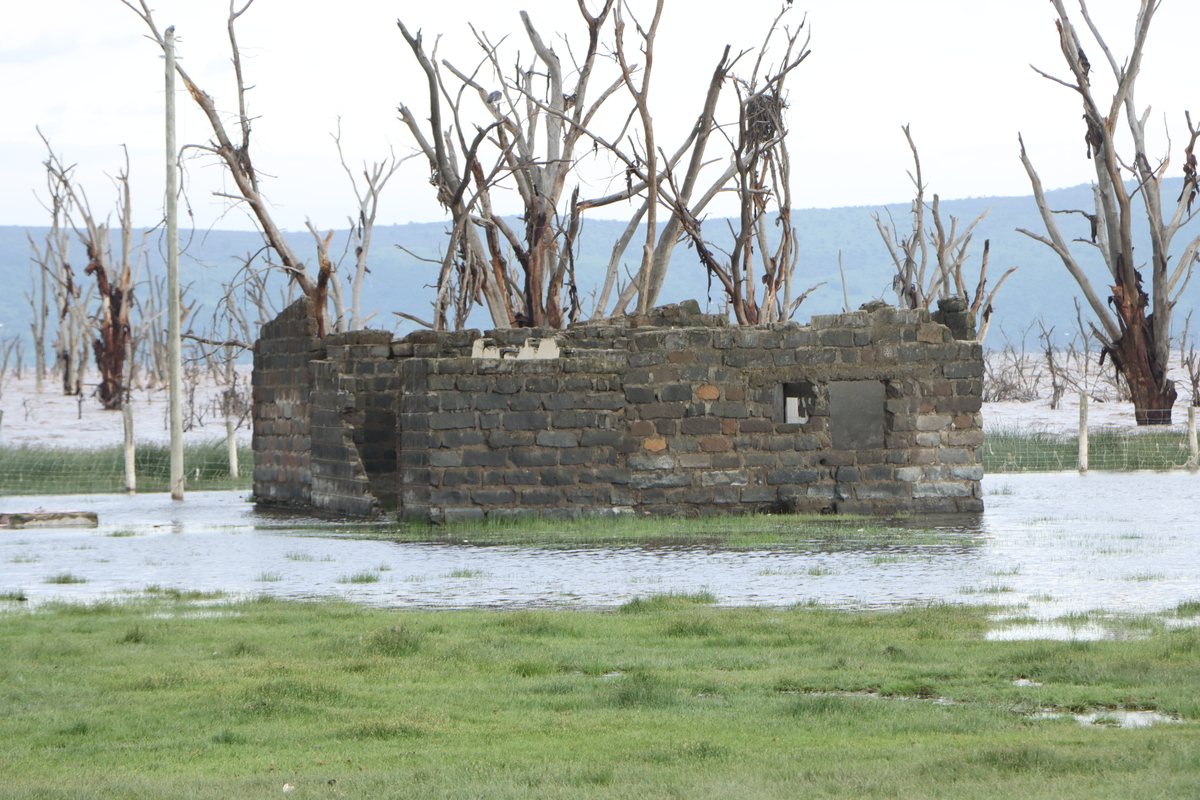
They then visited the new site where the community, combining their resources, skills, and labour, bought land and built new homes. This collective effort not only resulted in new housing but also fostered a sense of unity and empowerment.
The community turned a climate-induced crisis into an opportunity for growth and renewal, illustrating the power of local action.
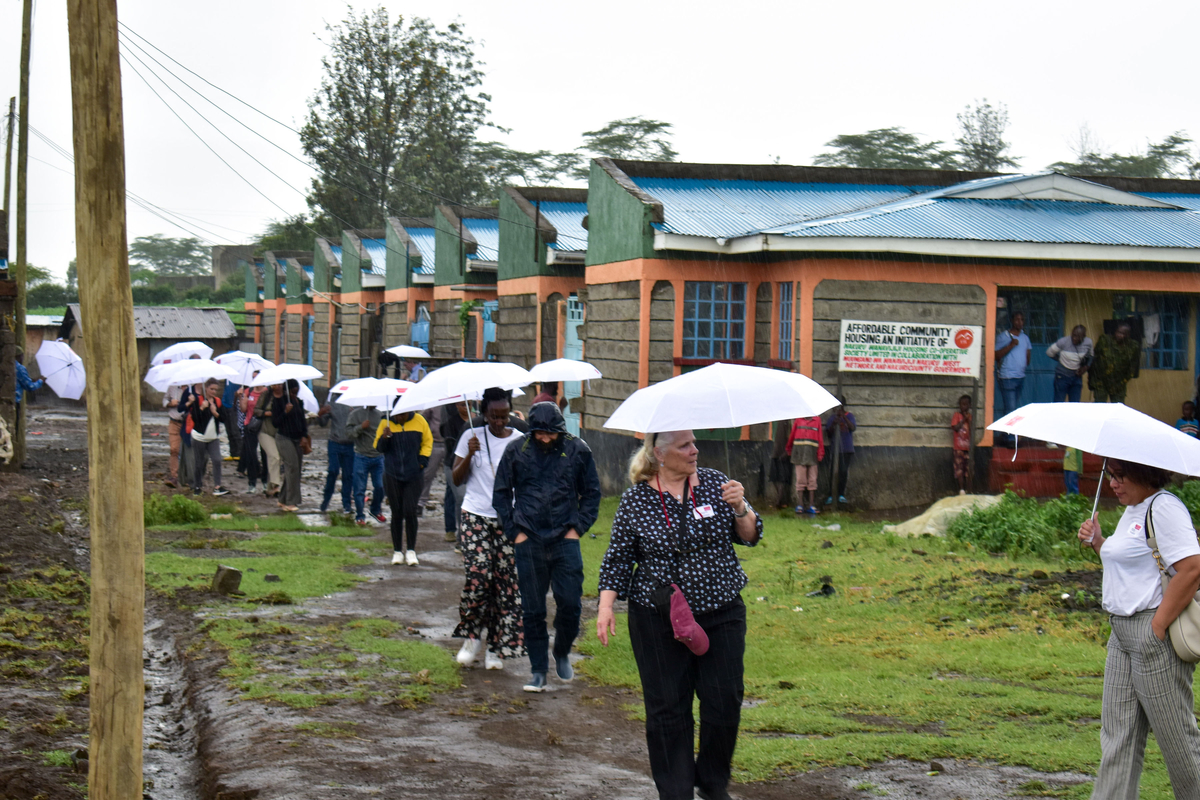
The second visit was to a waste recycling site in Naivasha town to see the work of some of the 25 grassroots groups focused on urban farming, recycling, renewable energy, and solid waste value addition, part of the Naivasha Grassroots Action Waste Management (NAGAWAM). This community-based organization was created in 2009 to tackle waste collection and clean-up efforts in Naivasha Subcounty.
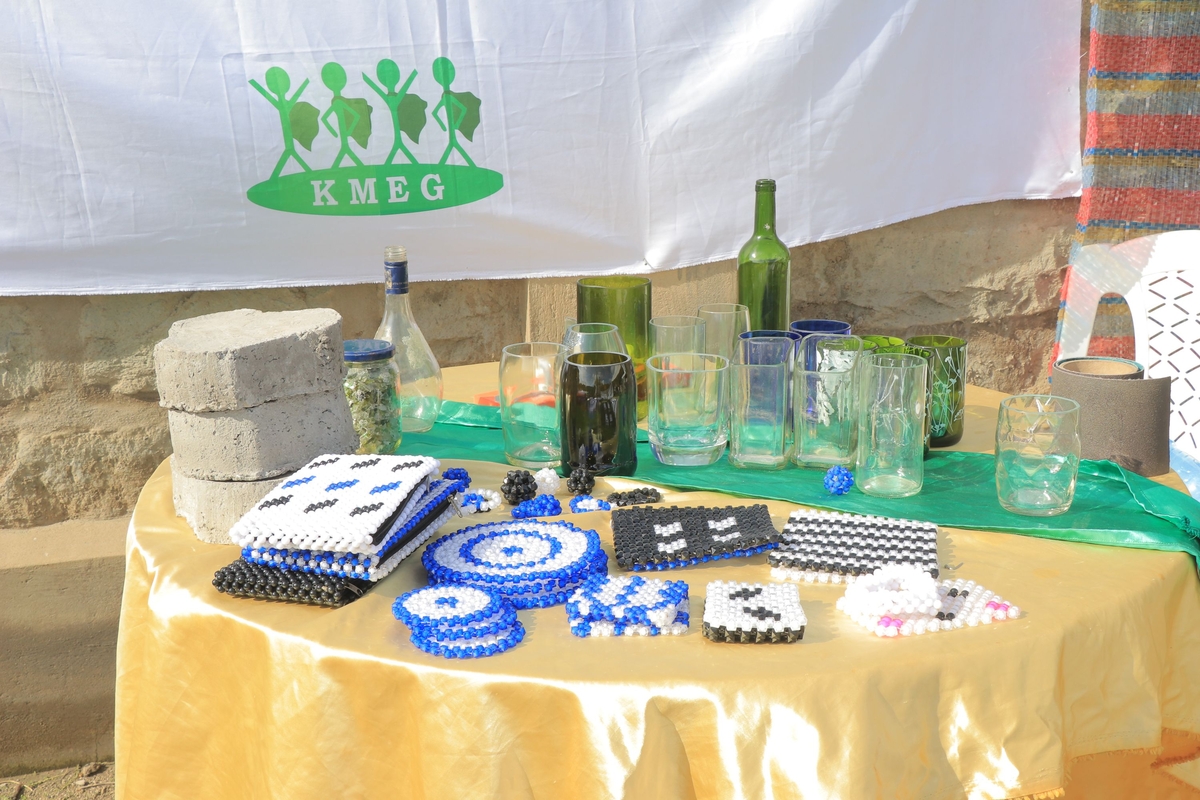
Participants observed the transformation of organic waste into nutrient-rich compost, essential for permaculture-based organic farming. They also follow the full recycling process of inorganic materials, with glass bottles repurposed into drinking glasses and paving blocks, and plastic bottles turned into mats and decorative beads, among other products.
This project showcased innovative waste management practices and demonstrated the significant contributions community driven initiatives can make to sustainable development and environmental stewardship.

